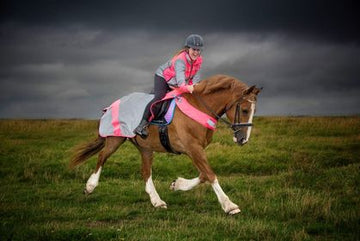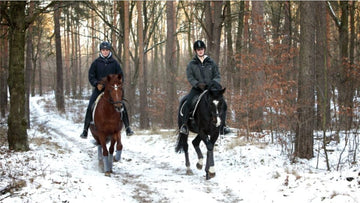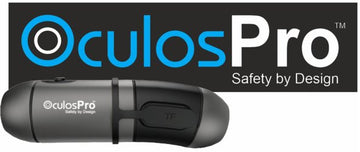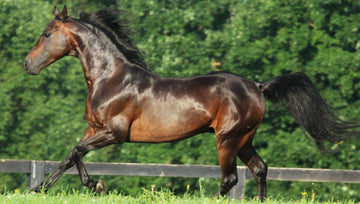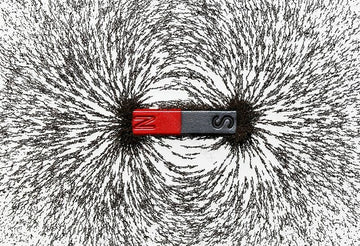Exercise and Socialisation
Horses are often stabled more and exercised less during cold, wet winter months, and in many areas, show season peaks in the summer. Rather than serving as a restful break, winter time-off can create a significant change in routine, with a steep drop in physical activity, mental challenge, human attention, and socialization with other horses. Day-length is also shorter in winter, which could mean more time confined to a stall and less time for turn-out, training, and riding.

This relatively impoverished winter lifestyle probably explains why some horses are fresh and more spirited at this time of year.
If your arena is under water, but there are fields to ride in and it has snowed, do not worried about snow clogging up in the feet, add a blob of Vaseline or similar and the snow wont stick - *Handy little tip from Equisafety.

Your “fresh” horse might be entertaining to watch and lively/scary under saddle, but this burst of energy during cold and rainy weather could be a warning sign that she/he is not getting enough activity, in general. A winter routine should include daily opportunities for exercise and turnout. If all-day turnout isn’t possible, a few hours a day in an arena or pasture can really help, especially if it includes time with other horses.

Hacking is a great way of giving your horse some time off from the stable, We recommend you ride with a friend for a number of reasons;
1. Its someone to have a chat to, which keeps your riding more relaxed, so the horse will pick up on this and relax too.
2. Your horse will be happier to have a companion. Remember horses are herd animals.
3. Its safer, in case the worst happened.
If you are riding in the early morning or late evening, we recommend the Equisafety Hi Vis Yellow range and in the middle of the day we recommend the Equisafety Hi Vis Pink, Orange and Red-Orange range, but as long as you wear something, its better than nothing.

When winter conditions limit or prevent training, substitute that time with more environmental and social enrichment. Spending “quality time” with your horse will help strengthen the human-horse relationship and could include trick training, which is fun and mentally engaging.

Some horses will play alone with safe, rugged toys, especially if the toy also dispenses treats, but do not over do the treats are you will be filling your horse with sugar, which will have a negative impact on what you are trying to achieve. A slow feeder is a healthy enrichment item that will give your horse something to do for hours; she will spend more time grazing and less time standing, which more closely resembles the natural activity of free-ranging horses.
What about a horse mirror? My horse Oscar has a mirror and he is always kissing himself. He finds it very relaxing knowing his friend is always there for him. Using a mirror is simply trying to put a 'plaster' on a much larger problem in the winter – social isolation. Horses are a social, herd species and it is unnatural for them to be kept away from their companions.
So maybe tie your horse up outside one of his/hers friends stable, so they can groom each other, while you are doing your jobs. Hopefully you would come back to a much calmer, relaxed horse, ready to see what is waiting for him in his clean stable.

https://equisafety.com/

